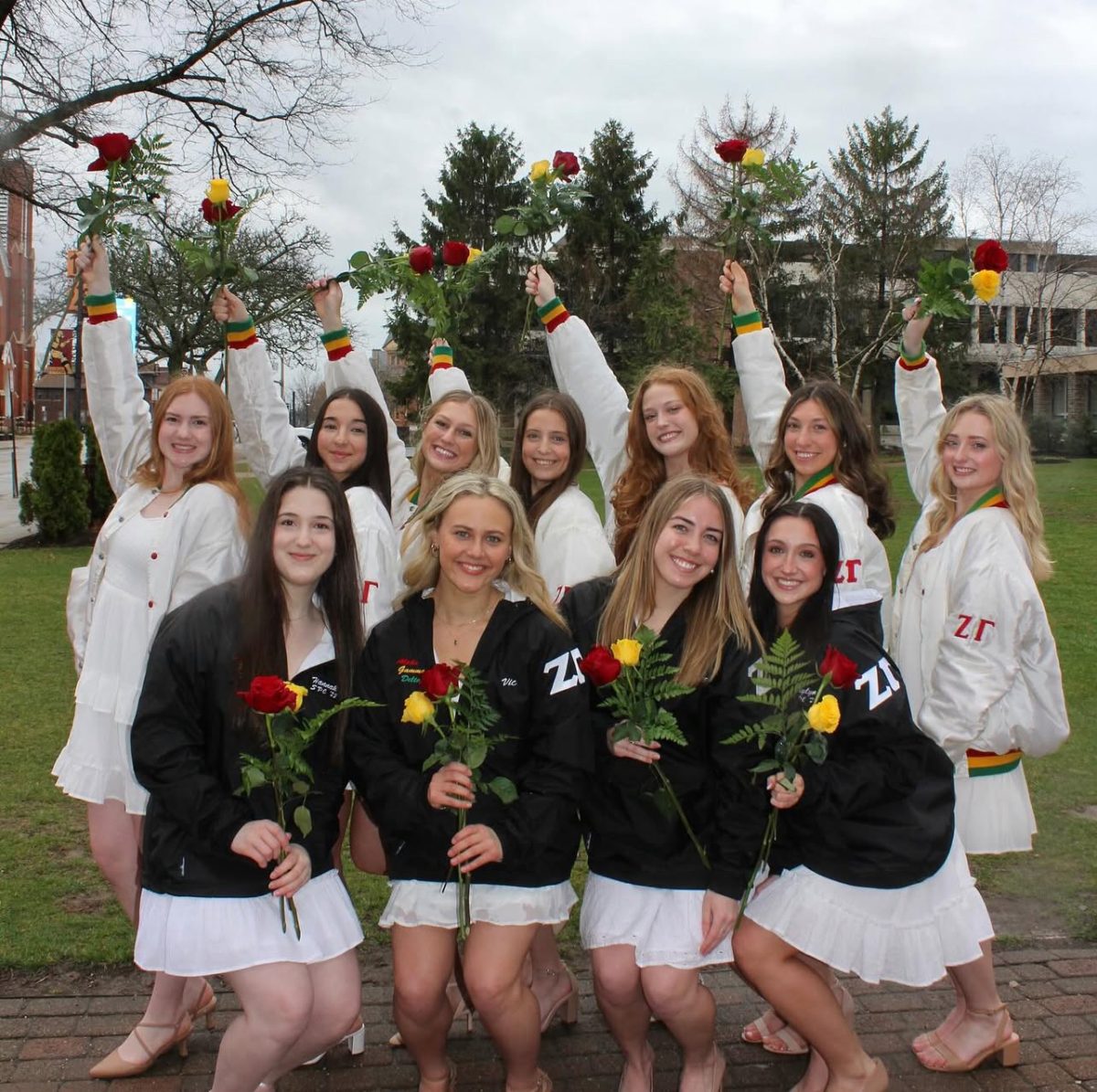As the profession changes, so, too, must the education.
Gannon University’s Villa Maria School of Nursing has announced it will now offer a Doctorate of Nursing Practice. The program will open for the 2013 fall semester.
Kathleen Patterson, Ph.D., director of the School of Nursing, said the purpose of the nursing practice degree is aimed more toward implementing research evidence.
It is different than a Ph.D., which is fundamentally research-based and reserved for nurses interested in academia.
“The whole purpose is to learn how to take research and utilize it in the practice arena in the care of individuals and populations,” Patterson said.
According to Patterson, nursing has changed over time with more responsibilities and education built on to the profession.
In 1952, as part of Villa Maria College, the School of Nursing was the only school in the area that offered a four-year baccalaureate program when other schools offered two-year programs. Soon, the two-year programs were phased out as the four-year baccalaureate degree became the essential education for nursing students.
Now, the American Association of Colleges of Nursing (AACN) has announced new guidelines for the graduate-level nursing programs across the country. Gannon currently offers three advanced practice master’s degrees: family nurse practitioner, nurse anesthetist and nursing administration.
The AACN released a statement that advanced nurses should pursue the terminal nursing practice degree instead of the master’s-level degrees.
Gannon’s doctorate of nursing practice degree will consist of 26 credits. Students in one of the master’s programs who are interested in the doctorate program can apply to take on the extra credits.
“We’re calling it a bridge program,” Patterson said, “which means we’re adding a piece onto that master’s level. We’re preparing clinicians in the advanced practice role to take research and then we’ll move it into an evidence-based clinical arena.”
The introduction of the nursing practice doctoral program had been the result of three years of preparation. The new program has affected the atmosphere among nursing faculty members; the buzz is a combination of “excitement and a little bit of feeling overwhelmed,” according to Patterson.
“We’re covered for all the courses that we’re covering with the exception of two courses,” Patterson said. “We’ll have to hire an adjunct for the first year for those two courses. But the curriculum is set and the faculty is enthusiastic about starting it.”
Freshman nursing student A.J. Tarasovitch said the new doctoral program will give Gannon and the Villa Maria School of Nursing even more prestige.
“How many places can say they have it?” Tarasovitch said. “This will also help nurses gain some recognition. I feel like it would be a good path to take my nursing career down.”
Bradley Ogline, a senior nursing major, said that while the new doctorate degree will make Gannon’s nursing program more competitive with other universities, the AACN’s requirement resets the entire graduate structure nursing students have come to expect.
Essentially, Ogline said students feel forced to go on to pursue a doctorate instead of choosing a master’s program.
“Now we have to go to school for two extra years to do the same job.”
Patterson said the doctorate of nursing practice will affect the future structure of the rest of the program. Other universities in the region have a direct Bachelor’s of Science in Nursing to Doctorate of Nursing Practice track.
Now that Gannon has the terminal degree, a direct track will soon follow, Patterson said.
In the meantime, Patterson and the nursing faculty have encouraged current students to apply for the nursing practice doctoral program.
“I think Gannon students are going to be right on target with everyone,” Patterson said. “We certainly are encouraging our master’s students to do this, to come back. We’ve had a very big push.”
But even though the transition from master’s level programs to the doctorate of nursing practice degree will be a challenge for students and professors alike, Patterson said the end result is worth the effort.
The United States’ changing health care landscape has created some doubt for the amount of qualified primary care providers. Nurses with the doctorate of nursing practice degree in hand will help that anxiety, Patterson said.
“There are going to be millions of people who need to have primary care providers, and the health care system right now is not really bolstered enough to care for all of those people,” Patterson said.
“We are certainly on board; let’s provide the care that people need.”






